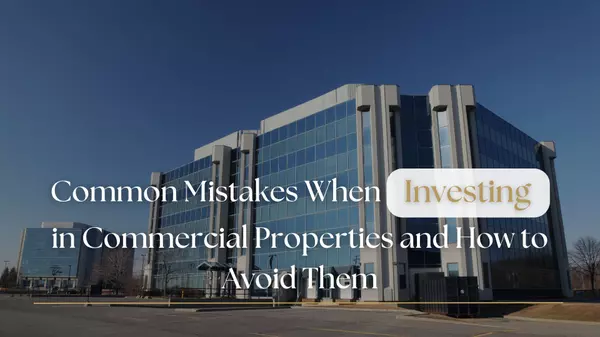
Common Mistakes When Investing in Commercial Properties and How to Avoid Them
Investing in commercial properties can be an excellent way to generate income and diversify your investment portfolio. However, like any investment, there are risks and common mistakes that can significantly impact your profitability. Here are some of the most frequent mistakes when investing in c

Scams Targeting New Homeowners
There is no shortage of schemes to defraud new homeowners. Here are a few to warn you about so you can avoid falling victim to them: Partner Companies A letter from a company claiming to be a partner with the homeowner's mortgage lender requests additional information for the loan. It is merely an a

How to Protect Your Investment with the Inspection Clause
Buying a property is one of the most significant investments a person can make in their lifetime. Whether you're purchasing your first home, a rental property, or a second residence, protecting your investment is crucial. One of the best ways to ensure you're making a smart investment is by includ
Categories
Recent Posts











